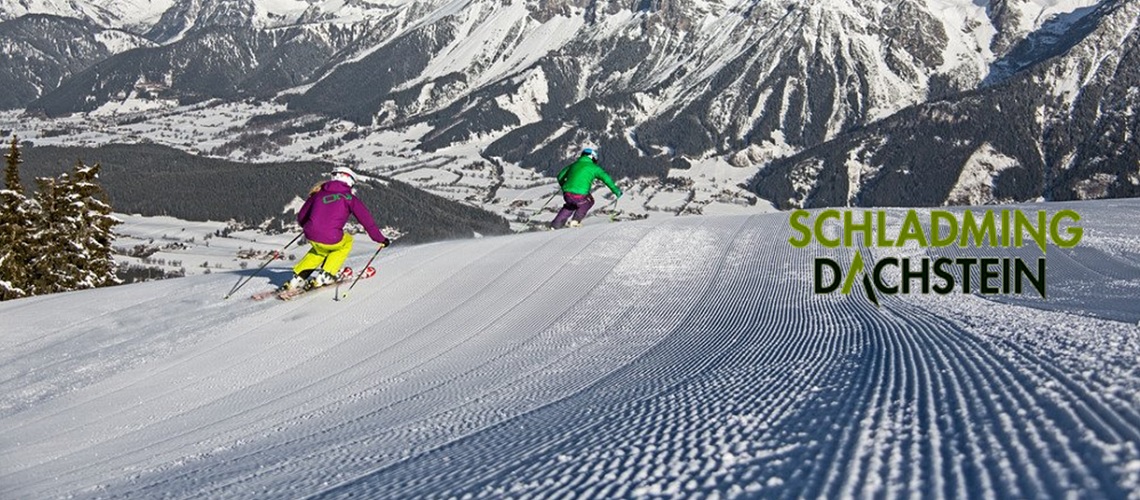Record Attendance At Schladming-Dachstein Tourism Dialogue

What prospects, opportunities and challenges are there in alpine tourism? These and many other questions were the focus of the "Tourism Dialogue" organized by the Schladming-Dachstein Tourism Association for the seventh time this year.
- Top-class lectures with renowned experts
- Panel discussion on the current multiple challenges in tourism
- High “participatory energy” in joint digital dialogue
Around 300 tourism stakeholders and locals in the Styrian region - more than ever before - accepted the invitation to the Schladming Congress and showed great interest in the presentations and discussions by top-class speakers. Everyone in the hall agreed on one thing: tourism is the most important lifeline in Schladming-Dachstein. He is the guarantor when it comes to securing prosperity and the high quality of life in the region.
“Unfortunately, the close link between tourism and almost all sectors is often overlooked in discussions. It maintains and creates - directly and indirectly - jobs in various sectors and also provides extensive leisure opportunities for the regional population. We have to raise awareness of this fact again," emphasized Mathias Schattleitner, Managing Director of the Schladming-Dachstein Tourist Board. "With this and with all the many other positive side effects, tourism creates a sustainable, local and promising location with a high quality of life in our region."
Tourism as an essential part of regional development
Andreas Keinprecht, chairman of the TVB, agreed with these arguments: “We also see tourism as an essential part of regional development. Tourist facilities and offers should benefit us all and at the same time be further developed for the local population. Today's tourism dialogue should also help to promote communication. We must not shy away from addressing current developments, reacting to them and finding solutions together.”
“Strategic logic of success in Alpine tourism”
Hubert Siller, professor and tourism expert at MCI Innsbruck, illustrated the strategic logic for successful tourism in the Alpine region: "Success results from recognizing a customer problem, understanding and correctly applying one's own skills, the resulting redesign and development of the product as well as the right understanding of marketing, which has to arouse the corresponding desires in the guests with its messages.”
“ Optimism despite all the crises as a major challenge”
Mat thias Winkler, Managing Director of the Sacher Hotel Group, sees the greatest challenge at the moment, despite all the crises, in looking positively and optimistically into the future and acting accordingly. "Assuming that, it's about digitization, individualization, sustainability and of course a reorganization of the relationship between employees and the company," says the manager. "We at the Sacher try to make this relationship just as positive and individual as that with our guests."
"Get out of mediocrity"
Christoph Bründl, Managing Director of Bründl Sports Group, dealt with the question of how effective mood management can be implemented today: “The key challenge in these turbulent times is how to get out of the average trap and into the area the 'Excellence' comes in. Any mediocrity is being severely punished right now. The core differentiating factor in service and sales is people with their warmth and service and advisory skills. Only with these factors can the expectations of the guests be met.”
After the top-class lectures, there was a panel discussion with the experts and two landlord representatives - Marion Gürtl from Hotel Gürtl in Haus im Ennstal and Britta Wieser as private room landlady - on the topics of tourism growth: quality vs. quantity, shortage of workers in tourism and the current price increases and the associated inflation. These three topics were named by the 300 visitors present as the most pressing challenges in tourism at the moment. The participants were able to gain valuable insights from the varied opinions on the podium.














